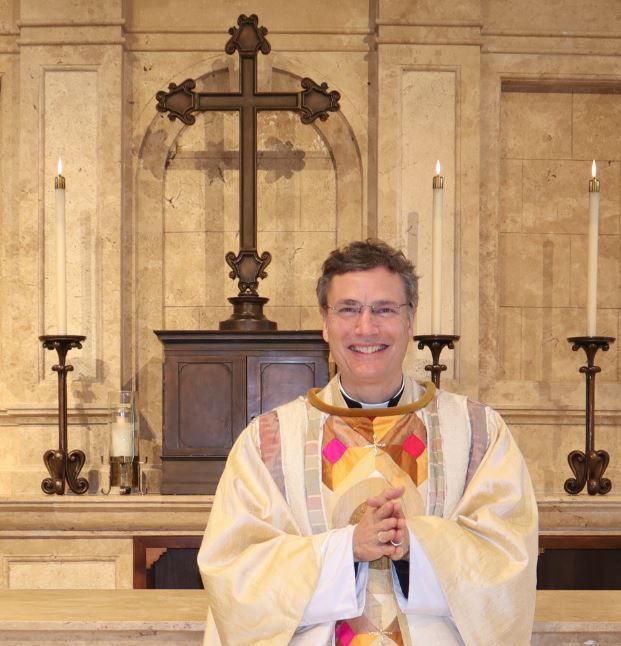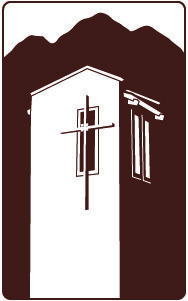Rules for Living
For the last few weeks, a group of us have been meeting on Wednesday evenings to talk about developing a rule of life based on the Episcopal Church’s Way of Love curriculum. The Way of Love includes seven basic virtues or core ideas: Turn, Learn, Pray, Worship, Bless, Go, and Rest. The rule of life that flows from these seven main ideas is simple. For each one, we are invited to take a moment to think about that area of our lives, to set a goal for how we would like to improve, to consider what that improvement would take (time, support from others, change in attitude, etc.), and then to make that our intention.
As we’ve been working through this, I have realized something that I consider interesting. In almost every other aspect of our lives—professional, financial, educational, relational, physical—we set goals for ourselves. People who are romantically unattached might set a goal to meet someone new and people moving to a new town, or a joining a new church, might prioritize making new friends. We work with advisors and financial planners because we have goals for investments, retirement accounts, and leaving what we can to those we love. People of all ages set goals to finish degrees or learn a new skill. And our professional lives are full of goals and plans: Five-year plans, strategic plans, personal development plans…with all the management tools out there, this list could probably go on forever.
Here’s what has intrigued me: For as goal directed as we are as a society, I wonder how often we apply these same standards of goals, objectives, metrics, and outcomes to our spiritual development. We often talk about our spiritual life in grand terms. I want to be a better person. I want to be a more spiritually aware person. I want to be a more generous person. There’s nothing wrong with those ambitions, but anyone who has attended a goal-setting workshop will tell you the same thing: Those goals are flawed because they are just too broad.
I’ve enjoyed the Way of Love approach for two main reasons. First, it invites us to think about and revisit specific aspects of our spiritual lives. The goal of being a better person is fine, but sometimes we need to zoom in a little on specific parts of our lives. What does it look like to be better at changing bad habits (Turn) or pushing ourselves beyond what seems comfortable (Go)? Second, we should always set new intentions or habits that are achievable. If you are not someone who reads the Bible every day, don’t make it your intention to sit down and read the entire Bible in six months or a year. Start with a few verses a day or a short meditation on scripture like Forward Day by Day and let your practice grow over time.
We all need to be challenged in our faith from time to time to see where we need to grow. In fact, our lessons this weekend include an encounter where Peter’s faith is challenged by a vision that comes to him in prayer. Whether you are working through the Way of Love with us or not, my encouragement to all of us is this: Let’s not be afraid to set goals for our own spiritual wellbeing. Make them simple and achievable. Make them enjoyable. And then ask yourself—or better yet, have someone else ask you—if you followed through with them.





